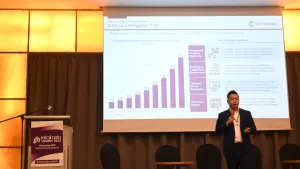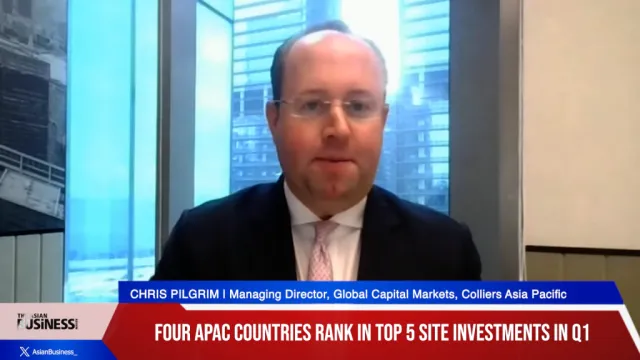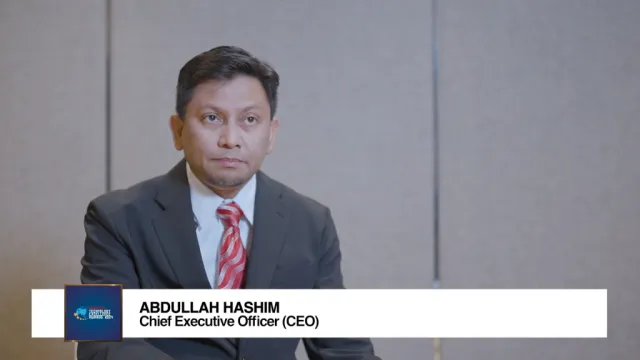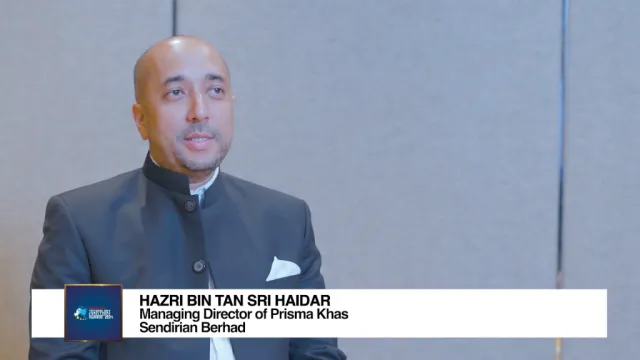
HR Briefing: Are the Gen Zs alright?
A study has found Gen Zs are struggling in the workplace.
The workplace was disrupted by the pandemic in more ways than one – from driving companies to digitise operations to forcing workers to turn their homes into make-shift offices. The current climate proved to be difficult, even more challenging for members of the Generation Z, who have just taken the first steps in the career ladder.
Gen Zs, or those born between the ages 18 and 25, are likely skilled in navigating digital tools, but even that did not stop the pandemic from weighing them down.
In the 2021 Work Trend Index, Microsoft found that workers belonging to this generation are at risk, and will likely need to be “re-energized.”
In Hong Kong, 56% of Gen Zs have said they are “merely surviving or flat-out struggling.” This is lower than the 70% recorded in Singapore.
“The shift to remote work has made it more daunting for Gen Zs to feel connected or build meaningful connections within their organisations,” Vicki Fan, CEO, Hong Kong, Mercer, told Hong Kong Business.
“The survey finding could be a reflection of the impact of isolation and inability to find purpose which results in a lack of motivation,” she said, noting that employers need to understand the expectations of workers from the younger generation.
Data has shown that younger generations have more demanding and complex expectations. For one, 49% of employees in Hong Kong have a preference for organizations supportive of workers’ wellbeing, whilst 43% want to be eligible for a promotion after being in a given role within 12 months or less.
In its Global Talent Trends, Mercer found that 57% of companies in Hong Kong consider adaptability, growth mindset and open-to-change as critical for future resilience.
“Gen Z, having been born into a digital era, are less bound by traditional ways of working. And this, we believe, would enhance the speed and effectiveness of change that many organizations are undertaking,” she said.
“Equally important is the fact that younger generations are critical to any organization’s talent pipeline and to continuing a forward-looking culture.”
Moreover, Fan said the emergence of hybrid models could prevent Gen Zs from experiencing interactions and mentorship in the workplace that is crucial in learning the ropes.
She added that onboarding, training and engaging new entrants should be amongst the major consideration of employers as they design their return-to-work and future-of-work models.
“The Gen Z workforce is probably the most affected if you compare them to the millennial generation that came before it,” Nilay Khandelwal, Managing Director, Michael Page Singapore, said.
“The pandemic definitely has caused a great amount of distress, whether it was back in 2020, or the current climate, which is still quite uncertain.”
The Gen Z workforce, he said, are more adventurous compared to the millennials that preceded them. They are also more inclined to participate in the gig economy and are at par with millennials in terms of their digital skills.
Gen Zs, just as any new members of the workforce, have the intent to pursue their top career choice, which may not be the case in the past year when they faced a pandemic and a global financial crisis at once.
He noted that Michael Page Singapore has observed that some Gen Zs are circling back to the job offer they had rejected after a few months, whilst some are accepting contracting role for professional experience.
Khandelwal said the need to “re-energize” may be stemming from the anxiety and uncertainty that loomed during the pandemic. He noted that Singaporeans used to travel every 6 months before the pandemic hit, but this was put to a stop, confining everyone within their homes due to the COVID-19 outbreak.
He recommended employers can drive Gen Zs with a strong employee experience engagement agenda. For instance, some firms set afternoon sessions on Fridays when they allow employees to interact without talking about work.

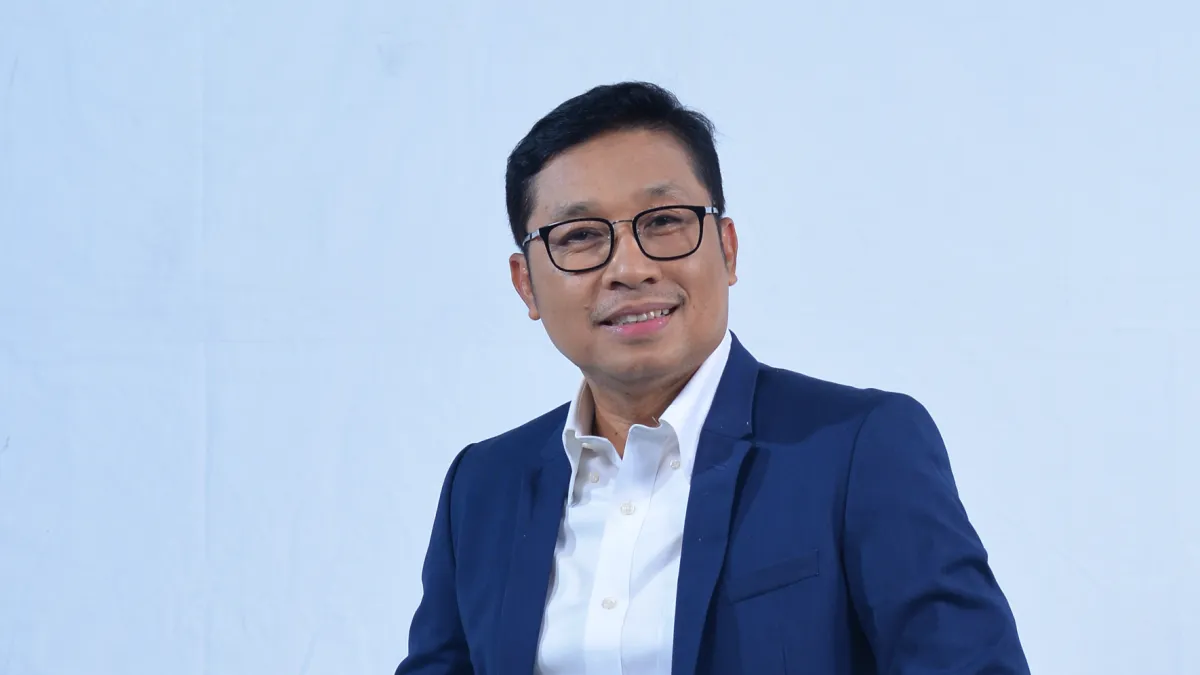
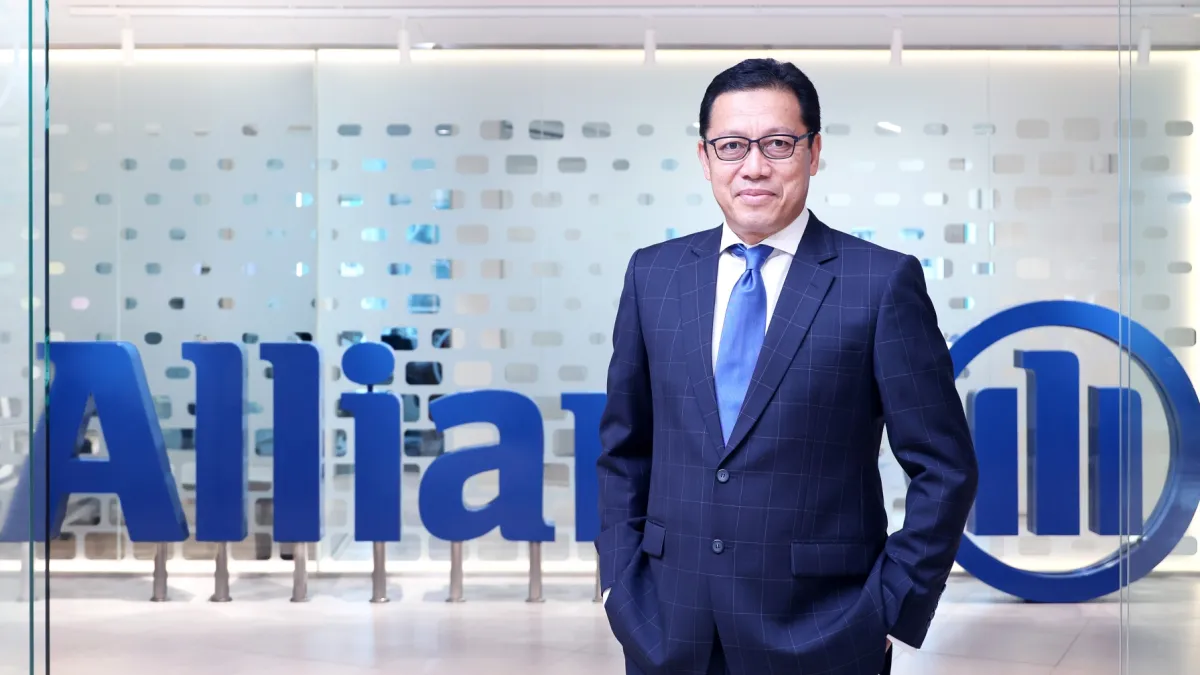





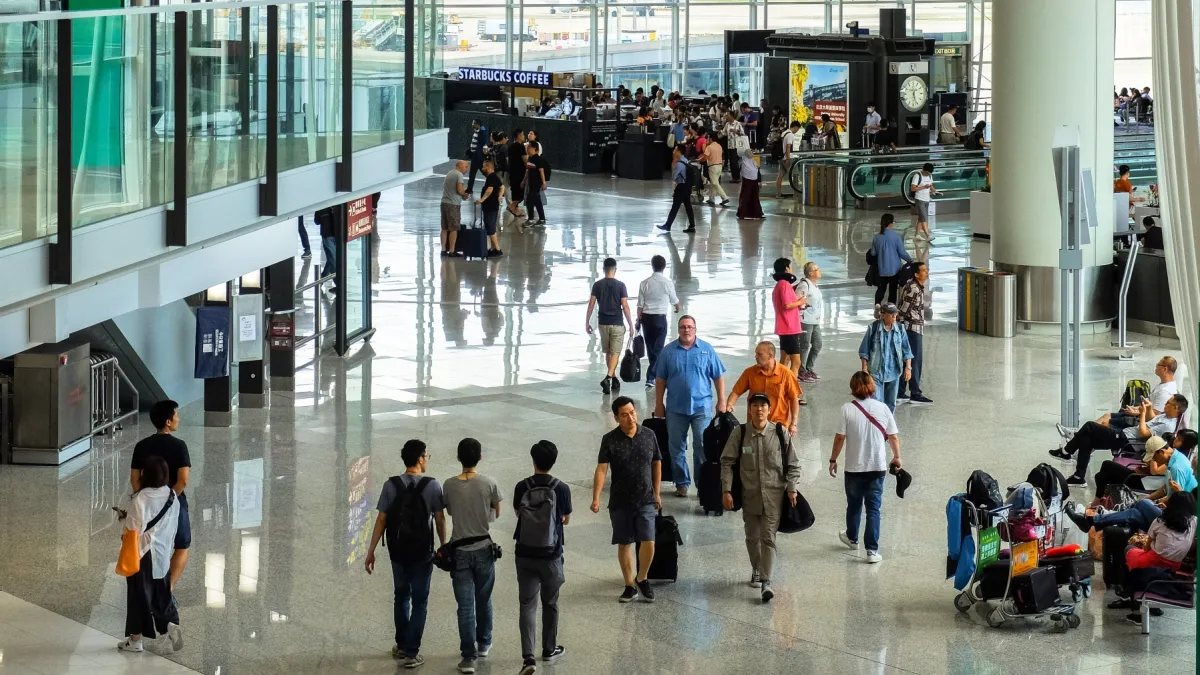
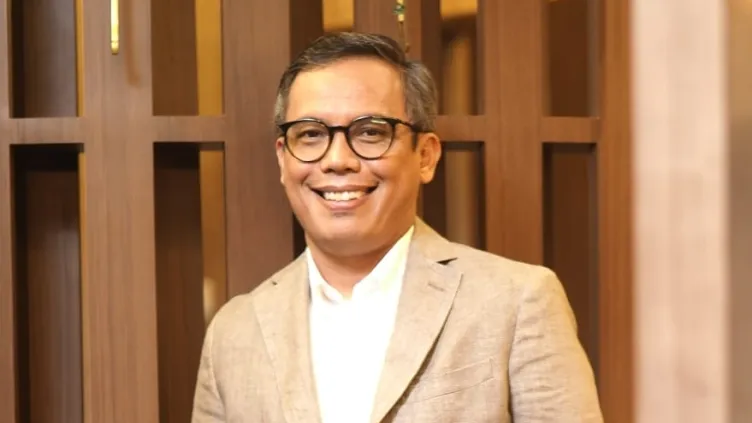
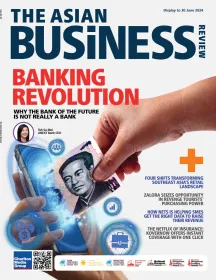
 Advertise
Advertise



